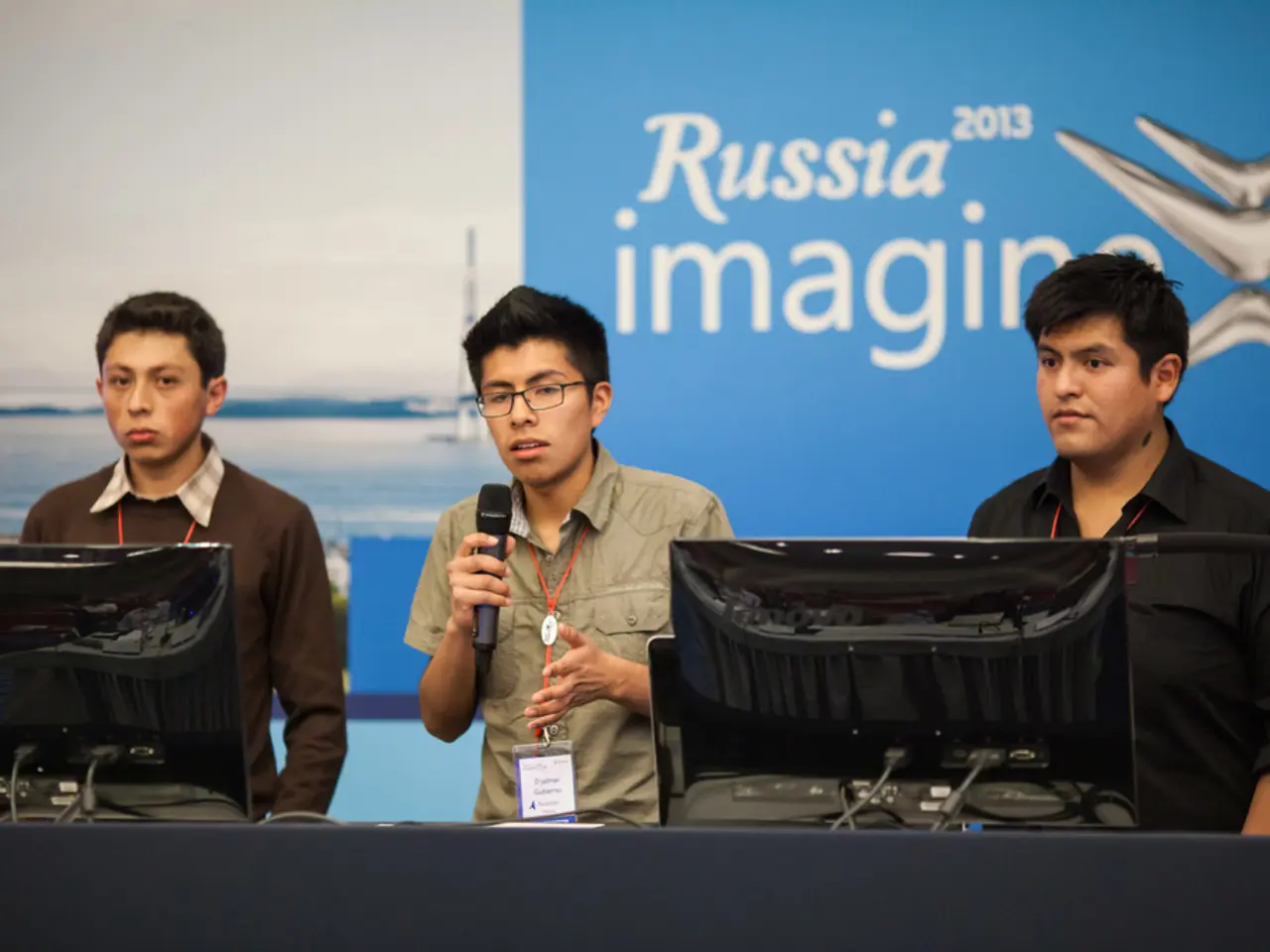U.S. enacts stricter regulations on incoming semiconductor imports
The Biden administration has announced a series of new export restrictions on advanced AI chips and related technologies, aimed at limiting China's access to cutting-edge semiconductor hardware that supports AI development.
These measures, announced by the Department of Commerce’s Bureau of Industry and Security (BIS), include updated controls requiring export licenses for advanced computing chips going to a broader set of countries. The new rules primarily target China, with continued measures to prevent advanced AI chips from being smuggled through intermediary countries like Malaysia and Thailand.
The Biden and Trump administrations have enforced or planned controls on exports to China and 40 additional countries deemed high risk. The latest framework requires authorization for exports, reexports, and transfers of advanced chips involving these countries.
However, the U.S. has created license exceptions that allow exports without authorization to trusted allies and partners under the new Artificial Intelligence Authorization (AIA). There are also exceptions for chip development and manufacturing supply chains (Advanced Compute Manufacturing or ACM), low-volume exports (Low Processing Performance), and an updated Data Center Validated End User (VEU) program that streamlines authorizations for data center construction in allowed countries, excluding arms embargoed nations. These exceptions aim to balance national security concerns with commercial and technological cooperation.
The U.S. is innovating enforcement by partnering with industry to use chip location-verification features to prevent diversion of sensitive technology to restricted countries.
Tech giants Nvidia and Oracle have criticized the new rules, with Nvidia's Vice President of Government Affairs, Ned Finkle, stating that the restrictions could hinder innovations and economic growth worldwide and undermine U.S. leadership.
Group 1 includes allied countries like Australia, Japan, South Korea, and Taiwan, and no new restrictions apply to them. Group 2 includes 120 countries, such as Singapore, Israel, Saudi Arabia, and the UAE, and they face limits on computing power with the option to apply for additional quotas. Group 3 includes Russia, China, and Iran, and a full ban on obtaining these technologies is imposed on them.
U.S. suppliers are allowed to deploy up to 50% of computing power overseas. Amazon Web Services and Microsoft are exempt from the new export restrictions as they meet the criteria for special permits.
These controls build on years of escalating U.S. policies aimed at limiting China's semiconductor capabilities to maintain U.S. technological leadership in AI. Despite challenges, China continues to develop competitive AI models domestically, though these export controls limit China’s global AI infrastructure market participation.
- The new export restrictions on advanced AI chips and related technologies, announced by the Biden administration, involve politics as they aim to limit China's access to cutting-edge hardware, which is a aspect of general-news.
- The U.S. has enacted license exceptions under the new Artificial Intelligence Authorization (AIA) for trusted allies and partners, showing how technology cooperation and national security concerns can be balanced within these export control policies.




